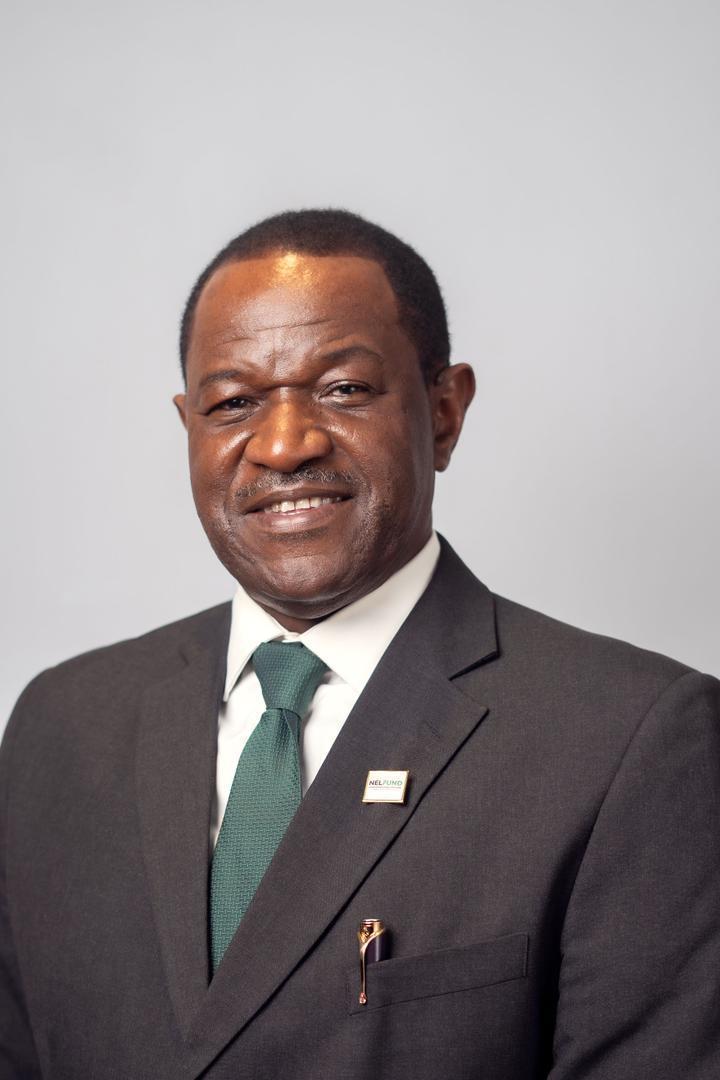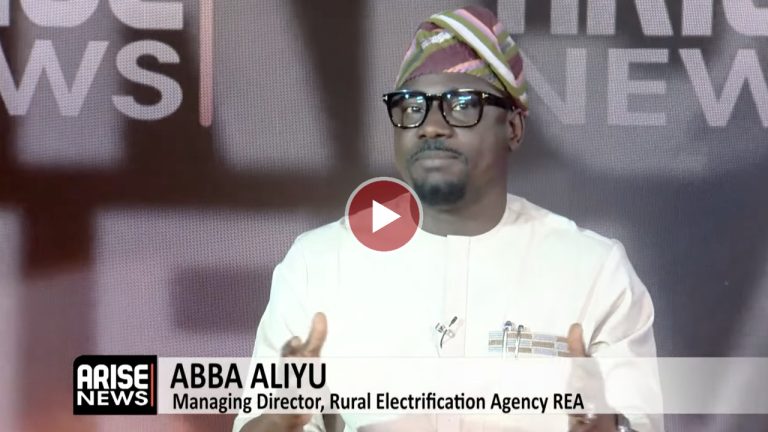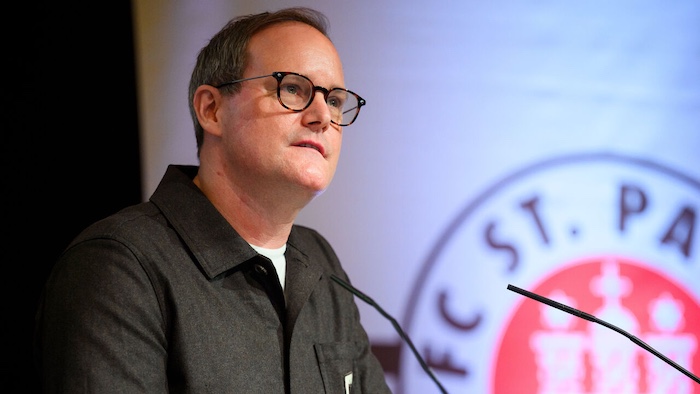Second phase of the Economic Governance and Energy Transition Support Programme targets stronger public finance systems, power-sector reforms and emissions reduction..
The African Development Bank Group has approved a fresh $500 million loan to the Federal Government of Nigeria to fund the second phase of the Economic Governance and Energy Transition Support Programme, an initiative designed to strengthen fiscal sustainability, accelerate power-sector reforms and support the country’s climate commitments.
The approval was announced in a statement issued on Wednesday by Alexis Adélé of the Bank’s Communication and External Relations Department. The AfDB Board endorsed the facility during a meeting in Abidjan, confirming that the programme will cover fiscal years 2024 and 2025.
According to the statement, “The Board of Directors of the African Development Bank Group, meeting in Abidjan, approved a $500m loan to the Government of the Federal Republic of Nigeria to finance the second phase of the Economic Governance and Energy Transition Support Programme. The policy-based operation is for fiscal years 2024 and 2025.”
The newly approved phase focuses on three strategic areas for Nigeria’s economic and energy transformation.
The first pillar seeks to deepen fiscal policy reforms, strengthen public financial management systems, improve budget execution, and boost transparency and efficiency in government spending.
The second component targets energy-sector reforms, aimed at reducing energy poverty, expanding access to electricity, improving governance in the power engineering sector, and attracting higher levels of private-sector investment into energy infrastructure.
The programme’s third focus area is energy transition and climate action, supporting Nigeria’s Energy Transition Plan, promoting climate-change adaptation and mitigation measures, and introducing energy-efficiency standards for electrical appliances nationwide.
Speaking on the initiative, the Director-General of the AfDB’s Nigeria Country Office, Abdul Kamara, said the second phase is designed to spur inclusive growth by accelerating reforms in critical sectors.
“The second phase of the programme aims to stimulate inclusive growth by accelerating structural reforms in the energy sector, while supporting progressive reforms of fiscal policy to boost non-oil revenues and expand fiscal space. The new phase will consolidate and build on the achievements of the first phase,” Kamara said.
The programme will also support the update of Nigeria’s Nationally Determined Contribution (NDC) covering the 2026–2030 period, aligning the country’s climate commitments with global emission-reduction goals.
Beneficiaries include key federal institutions such as the Ministries of Power, Finance and Environment, the Federal Inland Revenue Service, the Nigerian Electricity Regulatory Commission, the Debt Management Office, the Office of the Auditor General, and the National Climate Change Council.
The private sector is also expected to gain from enhanced investment conditions and expanded opportunities in energy and climate-related projects across the states, particularly through strengthened public-private partnerships.
As of 31 October 2025, the AfDB had 52 active projects in Nigeria, with a total commitment value of $5.1 billion. The new loan signals the Bank’s sustained support for Nigeria’s economic governance reforms, clean-energy transition and efforts to build a more inclusive and resilient economy.



